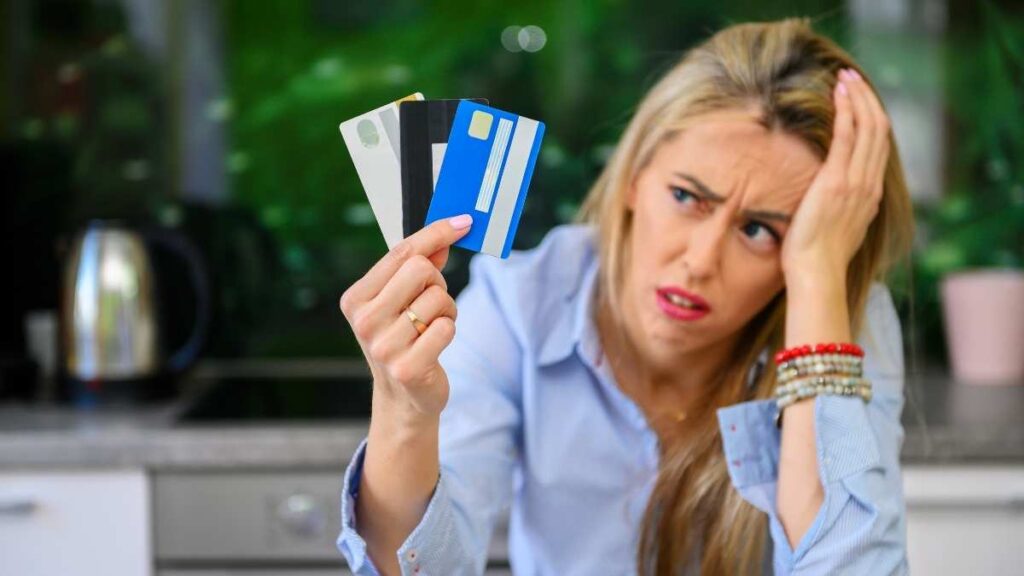If you’ve recently noticed a charge labeled “B2 Services OU” on your credit card statement and can’t recall making a purchase, you’re not alone. Many U.S. consumers have reported similar concerns, often leading to confusion and frustration. Understanding the nature of this charge and knowing how to address it is crucial for protecting your finances.
What Is a “B2 Services OU” Charge?
A charge labeled “B2 Services OU” typically indicates a transaction processed by a company operating under this name. While the exact nature of the services provided by B2 Services OU can vary, it’s essential to recognize that such charges can stem from legitimate purchases, recurring subscriptions, or, in some cases, unauthorized transactions.
Possible Reasons for the Charge
- Online Subscriptions: You might have subscribed to a service or platform that uses B2 Services OU as its payment processor.
- Trial Memberships: Some services offer free trials that automatically convert to paid memberships if not canceled within a specified period.
- One-Time Purchases: A single transaction for a product or service could be processed under this descriptor.
- Unauthorized Charges: In some instances, fraudulent activities can lead to unexpected charges.
Steps to Take If You Don’t Recognize the Charge
If you’re uncertain about the “B2 Services OU” charge, follow these steps to investigate and resolve the issue:
1. Review Recent Transactions
- Check Your Purchase History: Look through your recent purchases and subscriptions to see if any align with the charge.
- Consult Family or Friends: Ask household members or others who might have access to your card if they authorized the transaction.
2. Search for Merchant Information
- Look for Contact Details: Billing descriptors sometimes include a phone number or website.
- Use Online Resources: Search for “B2 Services OU” online to find any associated websites or contact information.
3. Contact the Merchant
- Reach Out Directly: If you find contact information, get in touch with the merchant to inquire about the charge.
- Request Documentation: Ask for receipts, order numbers, or any other details that can clarify the transaction.
4. Contact Your Credit Card Issuer
- Report the Charge: Inform your credit card company about the unrecognized charge.
- Request a Chargeback: If the merchant is unresponsive or the charge remains unexplained, you can dispute the charge under the Fair Credit Billing Act (FCBA).
Understanding Your Rights: The Fair Credit Billing Act (FCBA)
The FCBA provides U.S. consumers with protections against unauthorized credit card charges. Key provisions include:
- Timely Dispute: You must report any unauthorized charges within 60 days of the statement date.
- Investigation Requirement: Credit card issuers are obligated to investigate disputes and resolve them within two billing cycles.
- No Liability for Fraudulent Charges: If a charge is deemed fraudulent, you are not responsible for paying it.
Preventing Future Unauthorized Charges
To safeguard against unexpected charges:
- Monitor Statements Regularly: Frequently review your credit card statements to catch any discrepancies early.
- Use Virtual or Disposable Cards: For online transactions, consider using virtual cards that can be set with spending limits and expiration dates.
- Enable Transaction Alerts: Set up notifications for transactions to stay informed about any charges in real-time.
- Be Cautious with Free Trials: Always read the terms and conditions of free trials to understand when they convert to paid subscriptions.
Read Also- Ayinr.casa Charge on Credit Card
Frequently Asked Questions (FAQs)
How can I identify the merchant behind a “B2 Services OU” charge?
A1: Billing descriptors may include additional information like a phone number or website. Searching online for “B2 Services OU” can also lead to merchant details.
What should I do if I can’t find contact information for the merchant?
Contact your credit card issuer to dispute the charge. They can provide guidance and initiate an investigation.
Are there any fees associated with disputing a charge under the FCBA?
A3: No, disputing a charge under the FCBA is free. Your credit card issuer cannot charge you fees for this process.
How long does it take to resolve a dispute under the FCBA?
Credit card issuers are required to resolve disputes within two billing cycles, typically 60 days.
Can I prevent unauthorized charges from occurring?
While it’s impossible to prevent all unauthorized charges, regularly monitoring your statements, using virtual cards, and being cautious with online subscriptions can reduce the risk.
Conclusion
Encountering an unfamiliar charge like “B2 Services OU” can be unsettling. However, by taking prompt and informed action, you can determine the nature of the charge and address any potential issues. Remember, under the Fair Credit Billing Act, you have the right to dispute unauthorized charges and protect your financial interests. Stay vigilant and proactive to ensure your financial security.

Emma Rose is a U.S.-based personal finance writer and a regular contributor at Cardix.us. She focuses on topics like credit cards, credit scores, and everyday money management. Emma’s writing makes complex financial concepts simple and practical, helping readers make smarter credit and spending decisions with confidence.


